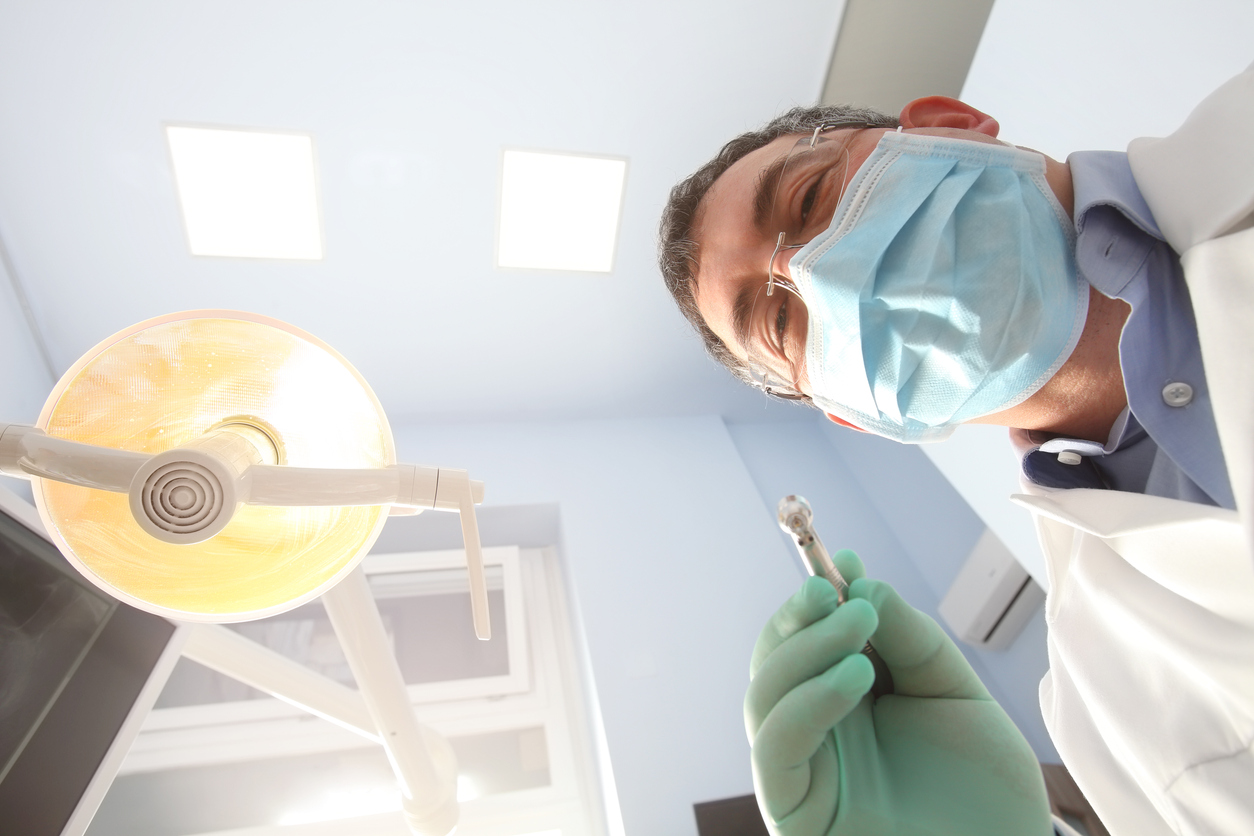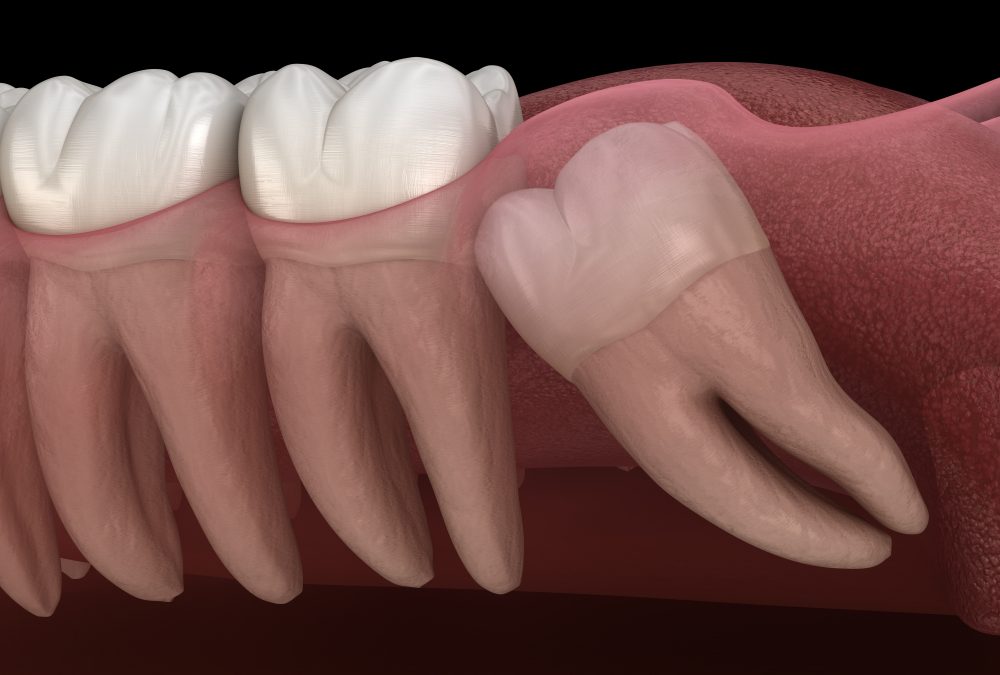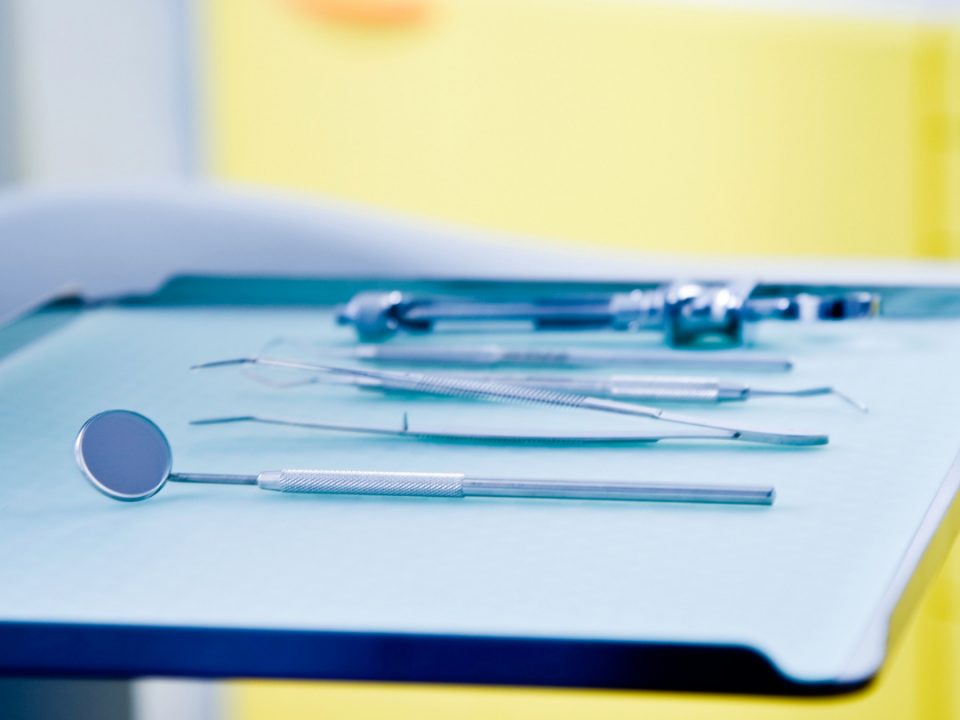
How to Choose an Oral Surgeon
April 18, 2021
Six Useful Tips for Wisdom Tooth Extraction Recovery
May 4, 2021How Do You Know if Your Wisdom Teeth Are Impacted?
It beats logic that the term wisdom has no connection with the last set of molars in human beings. In reality, wisdom teeth got their name because of their late onset in early adulthood. In normal circumstances, two wisdom teeth emerge on the top and bottom of the mouth. Still, due to their positioning at the back of the mouth, most wisdom teeth fail to develop normally.
What are the Main Causes of Teeth Impaction?
Thanks to evolution, the human jaw has grown smaller compared to our forefathers. Currently, most adults have insufficient space in the mouth for the normal 32 teeth to erupt. Since wisdom teeth come out last, they are more prone to suffer the consequences.
Mostly, when wisdom teeth attempt to take their position in the mouth, some may grow against the bone, while others lie alongside gum tissue or another tooth. Here are three major warning signs for impacted teeth.
Gum Infection
When a wisdom tooth partially erupts, a soft tissue known as the operculum grows over it. It is not always possible to remove food particles under the operculum. As a result, bacteria accumulate underneath, leading to inflammations and swelling.
This is a condition known as pericoronitis, which starts from acute level then progresses to a chronic stage. Acute pericoronitis indicates early signs of gum infection which starts with mild pain, fever and swelling.
As the bacteria increases, it leads to severe complication like gum abscess. Failure to manage pericoronitis early, progresses to infections in the surrounding soft tissues. Mostly, it affects young people experiencing challenges with wisdom teeth eruption. Diagnosing pericoronitis involves a clinical exam and a dental X-ray.
This intensively assesses the infected area to rule out other causes of infections. A reliable dental expert manages the condition by giving pain relievers, removing overlapping tissue through minor surgery or wisdom tooth extraction. Some also recommend an oral rinse or warm salt water to clean the area.
While good oral hygiene averts infections, sometimes removal of the affected tooth remains the best decision. This is because the method eradicates future chances of gum infections.
Bad Breath
Due to bacteria buildup, an impacted tooth may discharge a strong unpleasant odor. Given that it is not possible to clean under the operculum, it comes as uncomfortable and agonizing situation to the affected.
Sometimes, teeth extraction may not entirely solve a bad breath dilemma. In some patients, teeth removal forms a dry socket in the gums which acts as germs hiding space. To eradicate bad breath, dentists prescribe antibiotics to kill germs and help in the healing process.
If the bad breath persists after a couple of weeks, seek further medical intervention. Still, you can brush, floss, scrape your tongue, minimize tobacco and drink plenty of water each day to reduce the smell.
Wounds in the Mouth and Chewing Problems
Usually, crowded wisdom teeth incline to a certain angle. If they lean sideways, some rub inner cheek tissue leading to ulcers. Additionally, chewing becomes a painful experience because of the wounds and as the impacted teeth puts pressure on the gum.
In such a situation, removing the wisdom tooth gives relief while reducing the chances of future infections. Equally, it prevents further damage to adjoining teeth.
What You Need to Know About Impacted Wisdom Teeth
Most impacted wisdom teeth lie in silence without giving signs of immense damage. So, it is important to confirm if your wisdom teeth have any likelihood of causing future problems. Remember that removal of a wisdom tooth later in life causes more complication because the roots dig deep in the jaw. Therefore, get your teeth checked at least twice a year for proper evaluation and recommendation.




